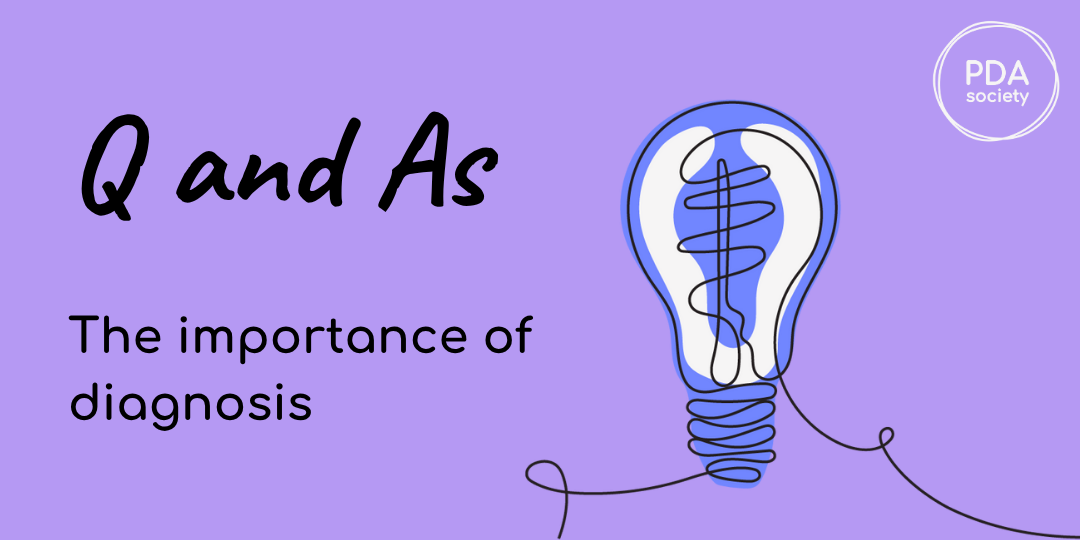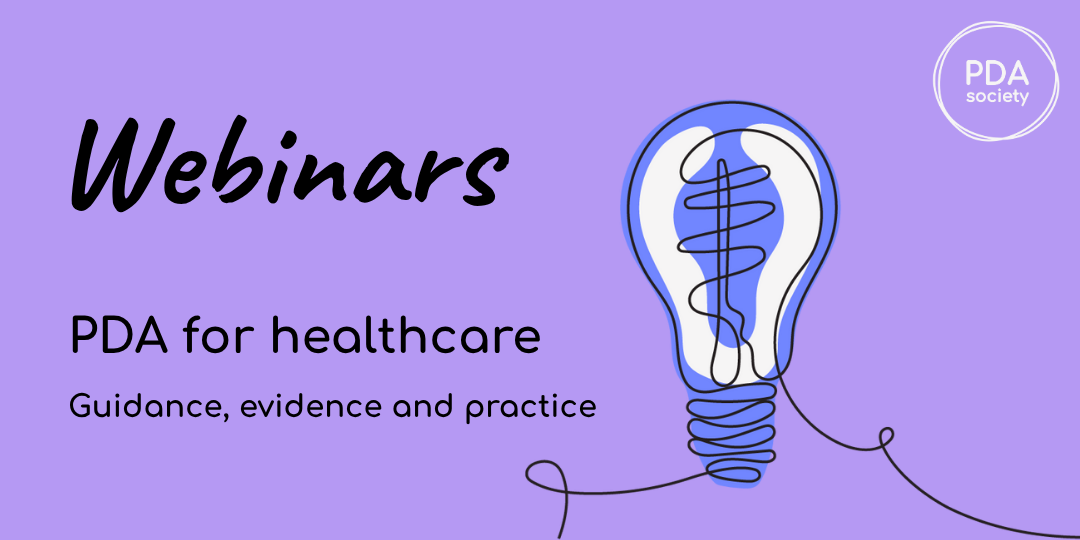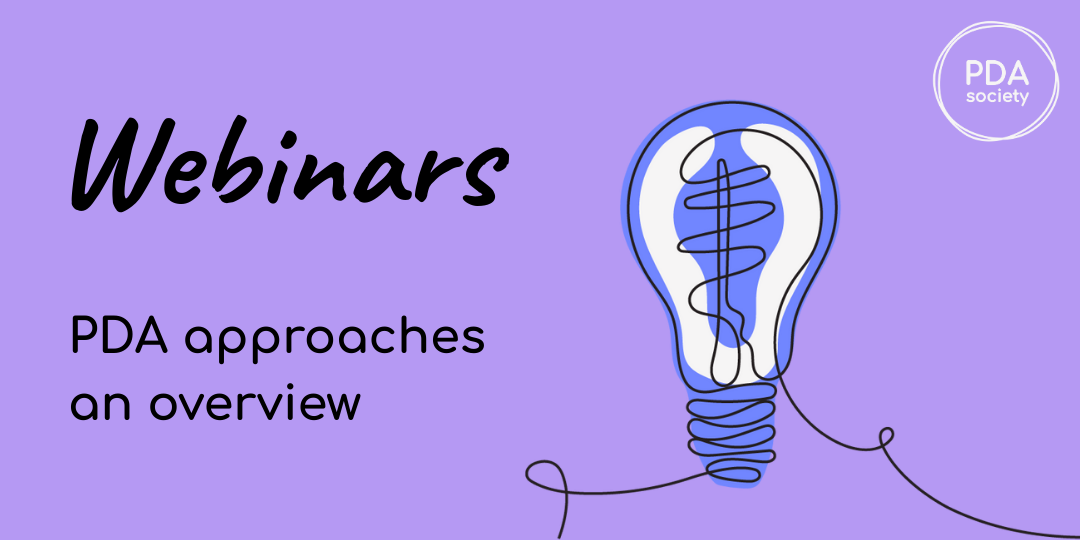
Q&A: The Importance of Diagnosis
Buy individually, or upgrade to a monthly or annual plan to unlock our complete library of premium content.
Overview
With guest speakers:
Dr Judy Eaton – As a Consultant Clinical Psychologist, Judy has extensive experience of assessing, diagnosing, and working (both within the NHS and independently) with adults, children, and families across the ability spectrum; specifically, those living with autism and/or attention deficit hyperactivity disorder (ADHD). She also has a keen interest in understanding the PDA profile. Over the years she has worked with autistic children in a residential school setting, and with both adults and young people with co-morbid mental health difficulties, some who had a forensic history and/or were detained under the Mental Health Act. She has written two books, A Guide to Mental Health Issues in Girls and Young Women on the Autism Spectrum: Diagnosis, Intervention and Family Support and Autism Missed and Misdiagnosed: Identifying, Understanding and Supporting Diverse Autistic Identities, both published by Jessica Kingsley Publishers.
Following the release of her new book Judy will share with us the importance of diagnosis and tips for PDA people and their carers on how to ensure their voice can be heard so PDA isn’t missed or misdiagnosed.
https://help4psychology.co.uk/author/dr-judy-eaton/
and
Cathleen Long – PDA Society Social Care Advisor and Independent Social Worker – Cathie is an independent social worker, expert witness, trainer, and conference speaker who works primarily with neurodivergent people of all ages. As the Social Care Advisor for the PDA Society, Cathie enjoys empowering parents by informing them of their rights when encountering social care, and giving them the knowledge to question and challenge professional practice when necessary. Cathie has coordinated and worked with a team of experts, including a representative from the PDA Society, to write national practice guidance for social workers on Fabricated or Induced Illness on behalf of the British Association of Social Workers.
https://vivacitysocialwork.co.uk/cathleen-long-isw-social-work
During this Q&A we discuss the importance of diagnosis and tips for PDA people and their carers on how to ensure their voice can be heard so that autism, PDA, and related conditions are not missed or misdiagnosed.



